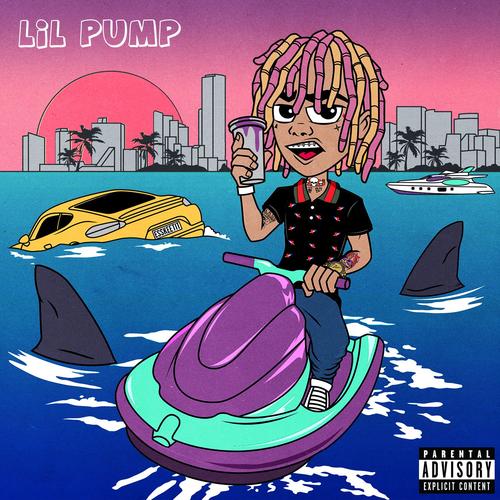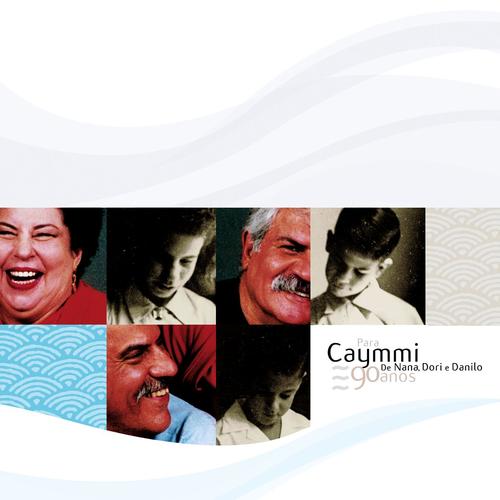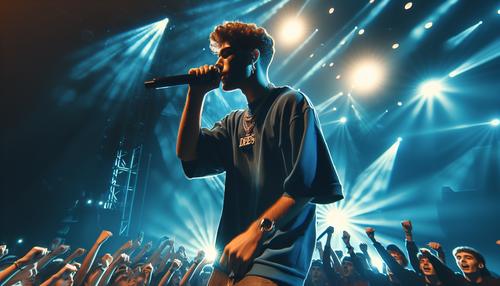
How Does Lil Pump’s 'Crazy' Reflect the Evolution of Music on Social Media?
When it comes to viral music hits, few platforms have the reach and impact of TikTok, influencing not only our playlists but also the way artists release and promote their music. Lil Pump’s track 'Crazy' from his self-titled album 'Lil Pump', is a perfect example of a song that encapsulates the wild energy of social media-driven music culture.
Lil Pump, a Miami-based rapper known for his flamboyant persona and catchy, bold tracks, shot to internet fame with singles that perfectly encapsulated the meme culture and rapid music consumption patterns typical of today’s youth. ‘Crazy’ is no exception, with its energetic beats and Pump's distinctive flow, it's ripe for looping on platforms like TikTok, encouraging users to engage with the track in creative and interactive ways.
TikTok Music, with its powerful algorithm, primes tracks like ‘Crazy’ for viral status, slotting them into user's feeds and playlists, serving up the infectious hooks that quickly become the soundtrack to thousands of videos. Engaging with music on TikTok Music not only allows listeners to discover new music but also provides a space for artists like Lil Pump to flourish.
The rise of Lil Pump is indicative of a larger trend, where traditional metrics of music success are being upended by the power of social media. The track ‘Crazy’ and others from the album ‘Lil Pump’ gained traction online before hitting mainstream charts, showcasing the shift from radio plays to social media shares as a barometer for success.
In conclusion, tracks like ‘Crazy’ demonstrate the symbiotic relationship between artists and social media platforms. It's an exciting time for music lovers and creators alike as barriers to music consumption and distribution continue to be broken down, creating a dynamic and democratized music industry landscape.



